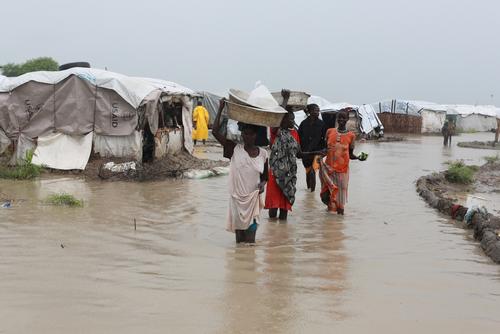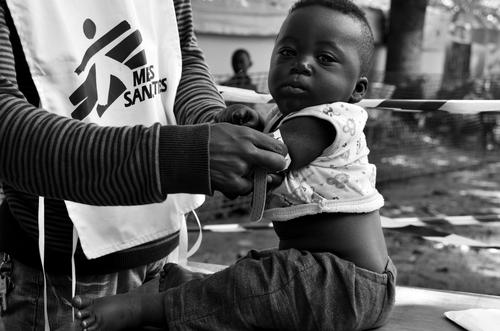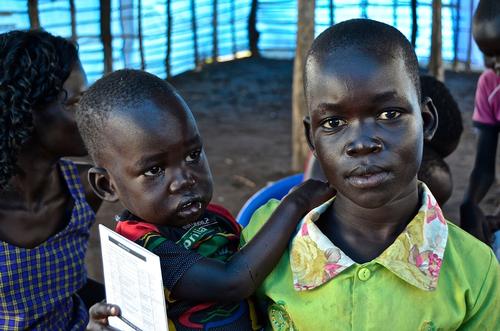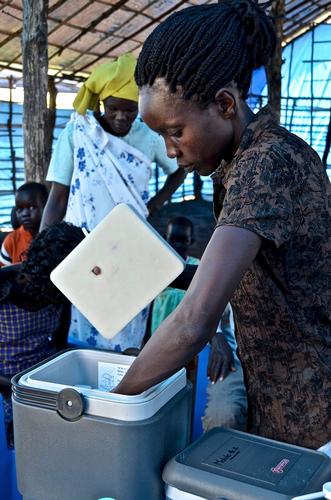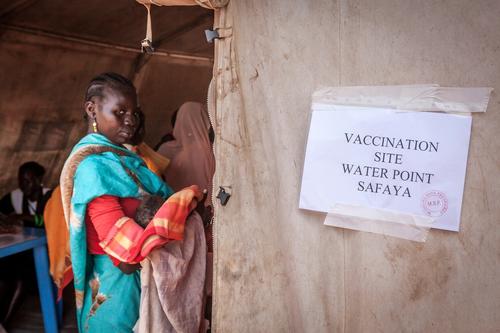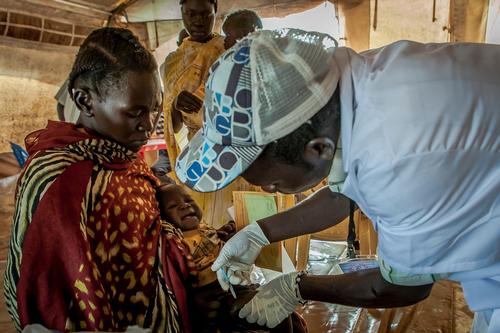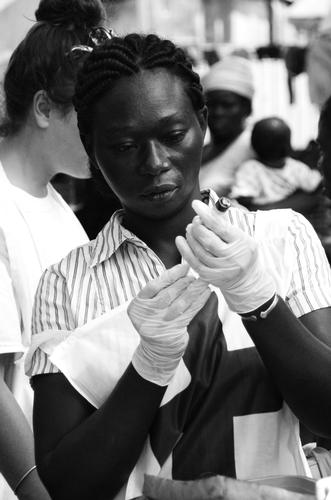Every year, over one million children die of pneumonia and other respiratory diseases. Over the past few years, some progress has been made in improving access to life-saving vaccines that prevent pneumonia, such as pneumococcal conjugate vaccine (PCV) and Haemophilus Influenzae Type B-containing vaccine (Hib). However in emergency contexts - where children are the most at risk because of deteriorated living conditions – accessing the PCV vaccine is a challenge due to high prices and lengthy processes to secure adequate supplies.
Despite the high prices and logistical difficulties, MSF has now carried out PCV vaccinations in emergency contexts in the Central African Republic, South Sudan and Uganda. We urgently need easier access to the pneumonia vaccine to reduce child mortality in other emergencies.



